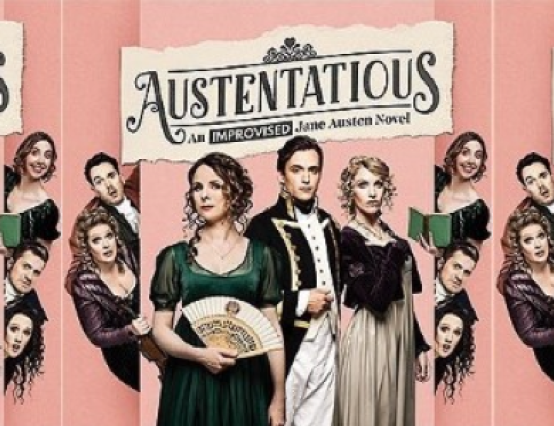As a Jewish girl in a secular school, I have a healthy mixture of Jewish and non-Jewish friends. I am exposed to all cultures and religions, allowing me to learn more about the unique nature of each. Stepping into the household of a non-Jewish friend is a daily, normalised experience.
However, speaking recently to some of my Jewish friends at a Jewish school, I discovered that they tend to mainly have Jewish friends. One friend admitted that she felt ignorant about other religions, and is less used to being in the house of anyone who is not Jewish. Her message was clear - despite being in a multicultural city, she felt that her own social sphere was shockingly narrow.
My friend’s comments prompted me to speak to more members of my community, wanting to understand their opinions on the subject of religious schools. I was intrigued at what they thought the impacts of religious schools are, on both the individual student and on the community as a whole. However, I felt it appropriate to focus on what I myself have experience of, fearing that misconceptions and ignorance might plague me if I attempted to understand the perspective of religions I am not a part of.
The aim of religious schools is to give students a religious education with the intention of helping them to embrace their identity and learn about their traditions and ancestry. I wanted the people with whom I spoke to consider whether religious schools are inadvertently reducing diversity in mainstream schools. In the extreme, this could risk driving further wedges between religions, and perhaps even lead to increasing prejudices and misconceptions about different religions.
Speaking to a teacher at a local Jewish school, he discussed how delightful it was to teach in a classroom where all the students share an identity and its values. He felt a part of the traditional passing down of customs which is so important to cultures everywhere. When I asked him if he thought it was a shame that fewer Jewish students now went to mainstream schools, he highlighted how many parents still “fear the prejudice of uneducated teenagers”, and dislike the idea of their children being part of a minority in their class. It was clear that he was proud of his students and their achievements, strongly believing that his school’s religious lens added to their education.
However, when discussing the issue with another friend, who recently left her Jewish secondary school for university, she stressed how much she’s looking forward to expanding her friendship group. As eager as she was to remain close to her friends from school, she had decided not to attend the Jewish Society at university, instead trying other clubs to make friends from different backgrounds.
Contrastingly, another friend told me about her joy in discovering the Jewish Society at university. Coming from a secular school, she found that the opportunity to bond with students of a similar heritage had helped her settle into her new life away from home. She told me, “The religious societies at university have been such a valuable source of support and comfort for new students. It’s about bringing family traditions into student life and ensuring that you don’t lose your connection to your roots even when you’re in a completely new situation”. It appeared to me that the chance to spend quality time with people of the same religion or culture became a form of self-expression in a time of change. However, the provision of this opportunity within a diverse community allowed a balance of the new and the familiar.
The final person I spoke to was an advocate for a new Jewish primary school in North London. When I asked him why he had felt a religious school that was required in the area, he responded that this decision reflected the desires of the local community. “Parents want their children to not only be taught the values they themselves uphold, but also to be taught in an atmosphere which reflects their home. Making children feel proud of their identity and comfortable in the classroom aids the learning process”. He felt that in a largely Jewish area, a religious school alone was appropriate. He felt that any school in that area would be so overwhelmed with Jewish children that making this religious status official would avoid the problem of creating minorities amongst non-Jewish children.
From these conversations, it became increasingly clear that religious schools are not the core of the problem – a narrowness of experiences are. Everyone I spoke to agreed that it is about finding a balance between holding onto your identity and appreciating your heritage, while still integrating into, and participating in, society. Ultimately, we must each find a way to value both our own culture and that of our diverse community, bringing to society a richness which can only be found by combining the two.
Religion in a secular country
Holding onto your identity versus integrating into society









0 Comments